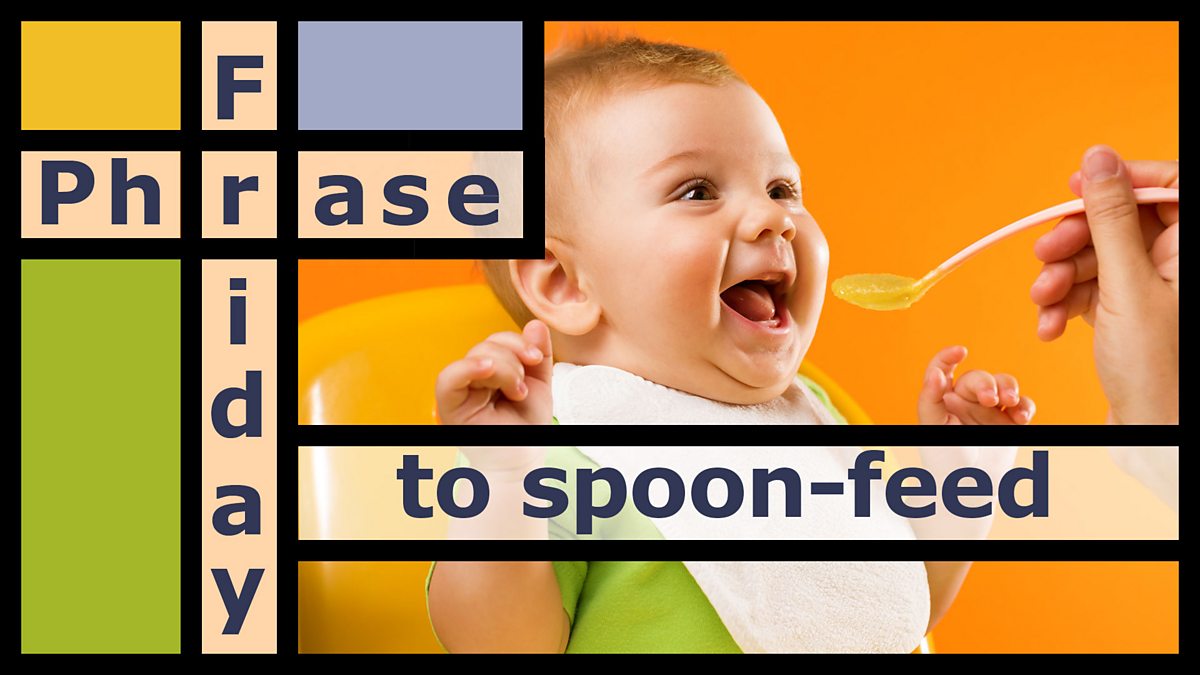You may remember I said two months ago that I was going to try learning Mandarin Chinese with the Spoonfed Chinese Anki deck and very little else. If you don’t remember, refer to that post here. I said I would provide an update every 10% of the way, which is approximately how far I’ve gotten with it now. However I’m going to have to put the experiment on hold for a very simple reason:
Mandarin is interfering with my Cantonese.
The two languages have some significant differences, but they’re ultimately very, very similar. This will be great for me when I finally get round to learning Mandarin seriously, but right now my Cantonese isn’t quite good enough yet.
I’m just stepping into Advanced now and picking up more key vocabulary. When I learn to pronounce something one way in Cantonese, then right away step into the Spoonfed deck and learn to say it a different way, it honestly messes with my head. The net result is I don’t learn it in either language. With enough repetition it sticks eventually, but it’s frustrating and makes me dread learning instead of look forward to it.
All hope is not lost, though. I don’t want to lose the gains I’ve made with Mandarin so far, so I’m going to set the deck to give me only 1 new card ever day. That way I still get to revise what I know already, and still continue to learn at a drastically reduced rate.
Eventually, once I consider myself proficient in Cantonese, I’ll be able to return with more seriousness. It will be like my Japanese levels, where I can comfortably read 結果 as “kekka” in Japanese and as “gitgwo” in Cantonese without any problems. I’ve heard of people working on both Mandarin and Cantonese at the same time, but I don’t have the background they do (or the resilience and intelligence, shrug) so I’m not going to force myself.
Brief comment on the Spoonfed Chinese Anki deck though: it’s really good. Some might consider it repetitive, but it’s great for me. It gives a new vocabulary item, hammers it in with some examples, then moves on to the next item. And it frequently incorporates other things you’ve learned in the past so you don’t forget them. You’ll just be building your Chinese reading skills brick by brick, sentence by sentence. And speaking skills too, if you did like I did and sounded each sentence out loud.

So if you’re learning just Mandarin or if you’re made of sterner stuff than me, I recommend it all the way. Other languages have sentence decks as well, but at least for Cantonese and Korean I haven’t seen anything as systematic and easy to follow. That’s all the more reason why I don’t want to quit entirely but merely sloooow down to a crawl for now.
Any Cantonese progress?
Things are looking up on the Cantonese front. I recently found a great tool which is just what I need to push me over the Intermediate plateau. It’s the Reading tool on Languages.io, specifically the Cantonese Conversations course. 100 native-level conversations with full audio and written Cantonese. Amazing! I’ll write a fuller report once I’ve fooled around with it a little more, but I’m seeing great progress already just from listening to each one. There is light at the end of the Cantonese tunnel at last!

